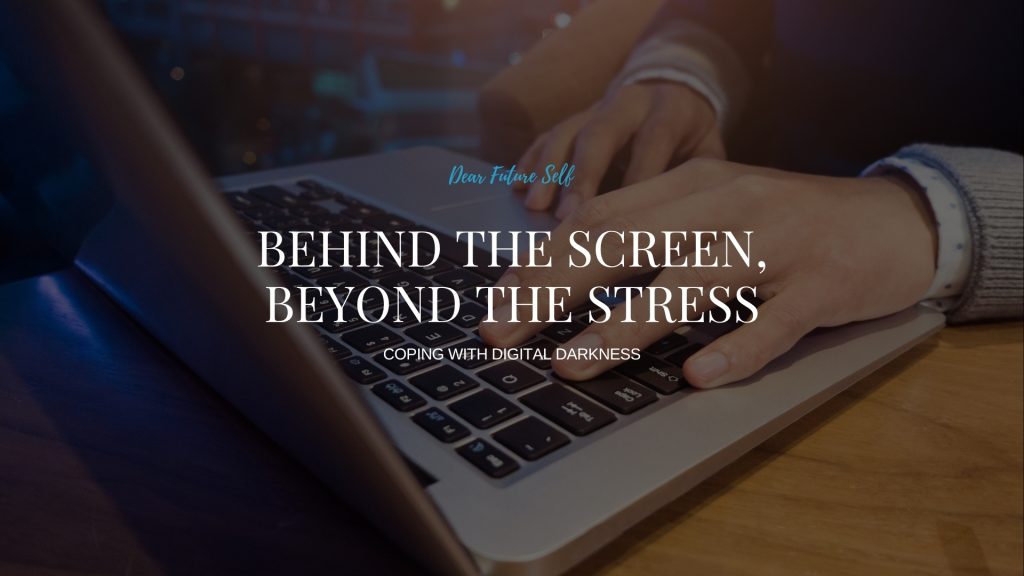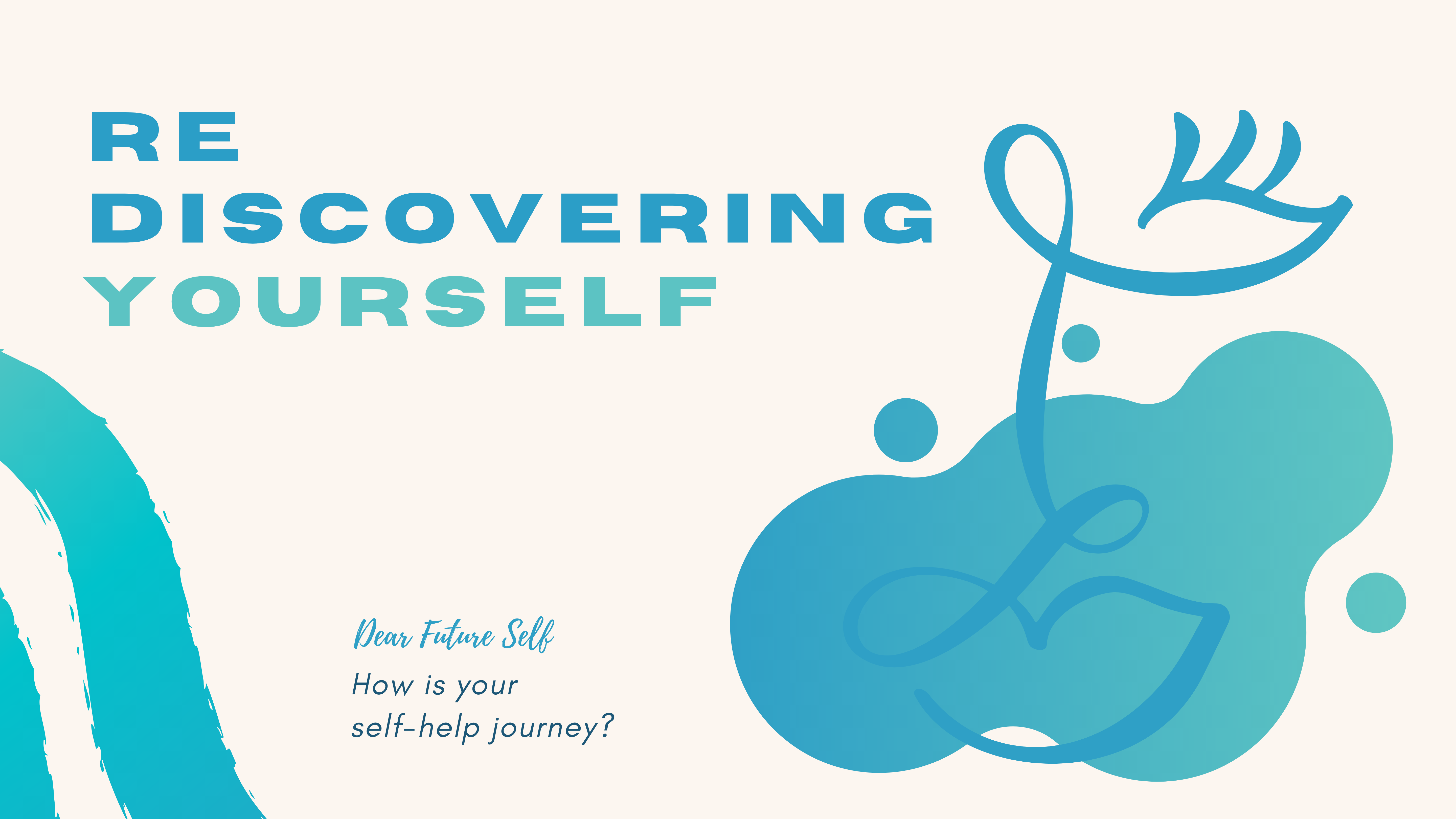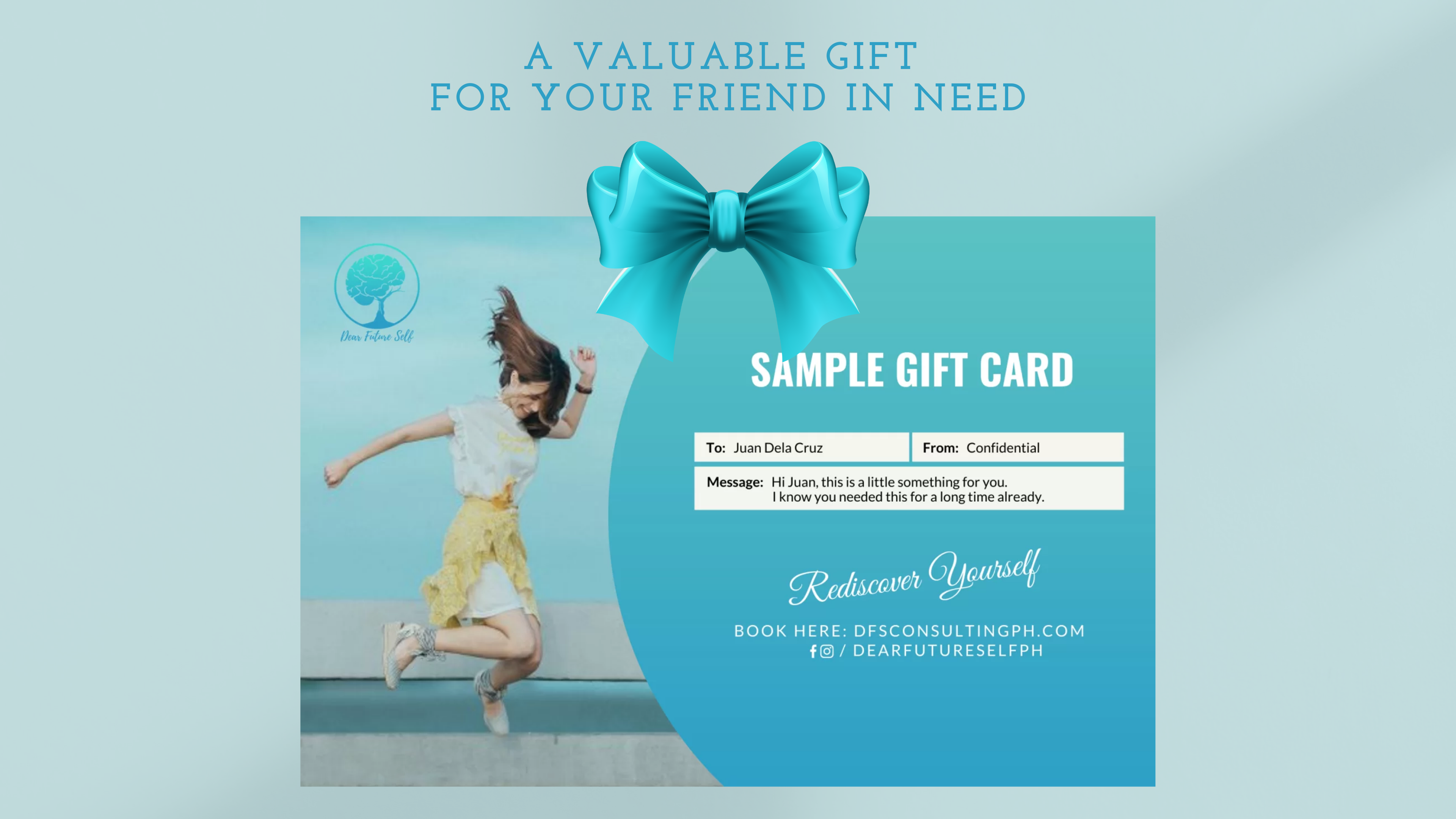
16 Jul Mental Health Tips for Content Moderators
Caring for Your Mental Health as a Content Moderator:
Coping Strategies for a Demanding Role
Content moderators are the unseen guardians of the digital world. Day in and day out, they protect users from exposure to harmful, graphic, and often disturbing material online ranging from violence and abuse to hate speech and misinformation. While their work is essential for keeping the internet safer, it can also take a heavy toll on their mental health.
This article provides a deeper understanding of the emotional challenges faced by content moderators and outlines practical coping strategies to help them maintain their mental well-being.
Why Content Moderation Is Mentally Demanding
Content moderation is associated with a unique blend of stressors, such as:
- Repeated exposure to traumatic content (also called secondary trauma or vicarious trauma)
- High productivity expectations
- Lack of social recognition
- Isolation due to confidentiality or remote work
- Emotional dissonance (needing to suppress emotional reactions while performing tasks)
These experiences may contribute to:
- Burnout
- Compassion fatigue
- Desensitization
- Anxiety and depression
- Sleep disturbances
- Post-traumatic stress symptoms
Understanding the psychological load is the first step to managing it.
Coping Strategies to Protect the Mental Health of Content Moderators
Here are evidence-based, practical coping tools that content moderators can use every day to protect their mental health:
1. Set Emotional Boundaries Before and After Shifts
Start and end your day with rituals that create psychological distance between your work and personal life.
- Practice a 5-minute mindfulness session before starting your shift.
- Use a “shutdown” ritual at the end of the day (e.g., changing clothes, a short walk, journaling).
- Create a “mental transition phrase” like: “I am leaving work behind and entering my safe space.”
2. Use Grounding Techniques While Working
When feeling overwhelmed during a shift, use grounding techniques to return to the present moment.
- 5-4-3-2-1 technique: Identify 5 things you see, 4 you can touch, 3 you hear, 2 you smell, and 1 you taste.
- Hold onto an object with texture (like a worry stone or textured band).
- Stretch, breathe deeply, or splash cold water on your face.
3. Take Intentional Micro-Breaks
Frequent short breaks reduce fatigue and give your mind time to reset.
- Follow the 50/10 rule: 50 minutes of work, 10 minutes of break.
- Use break time to look at something natural, move your body, or hydrate.
- Don’t just scroll on your phone—your brain needs contrast.
4. Talk About It (Confidentially)
Don’t bottle things up. You don’t have to describe the content itself, but you can talk about how it made you feel.
- Reach out to a trusted colleague, friend, or family member.
- Use your company’s mental health support services or Employee Assistance Programs (EAP) at Dear Future Self PH.
- Join peer support groups (online or in-person).
5. Name What You’re Feeling
Suppressing feelings like disgust, anger, or sadness increases psychological strain. Naming your emotions helps you regulate them.
- Keep an emotion journal or use an app like MoodMeter.
- Say to yourself: “I’m feeling overwhelmed. That’s valid.”
- Pair emotions with needs: “I’m anxious because I need to feel safe.”
6. Prioritize Rest and Sleep Hygiene
Sleep is where your brain processes and recovers from emotional overload.
- Stick to a regular bedtime.
- Avoid screens 1 hour before sleep or set your phones on vision protect / night light/ eye comfort shield.
- Practice calming routines: herbal teas, reading, light stretching, white noise.
7. Practice Mindfulness and Body-Based Techniques
Mindfulness doesn’t mean ignoring your pain—it means observing it without judgment.
- Body scan meditation: Helps reconnect with your body after dissociation.
- Progressive muscle relaxation: Tension and release to relieve stored stress.
- Try yoga, tai chi, or guided breathwork after intense shifts.
8. Educate Yourself About Vicarious Trauma
Knowing that what you’re experiencing is a normal response to abnormal exposure can help reduce shame or self-blame.
- Learn about trauma-informed care and secondary trauma.
- Seek psychoeducational resources or workshops from your workplace.
9. Seek Professional Support When Needed
If symptoms persist or escalate, don’t hesitate to speak to a psychologist or psychiatrist at Dear Future Self PH.
Watch for signs like:
- Flashbacks or nightmares
- Avoidance of media or social interaction
- Persistent numbness or emotional detachment
- Thoughts of self-harm
Early intervention leads to better outcomes.
Content moderators are exposed to the darkest parts of the internet, yet they do their jobs with professionalism, courage, and care. That makes self-care not a luxury but a necessity. By learning to recognize the signs of emotional fatigue and implementing practical coping strategies, content moderators can preserve their mental well-being and continue their work with greater resilience.
What can you start doing today to protect the mental health of your ![]() ?
?
Self-Help Corner
Seek Professional Help

Gift Certificates & Self-Care Package
Connect with Us




